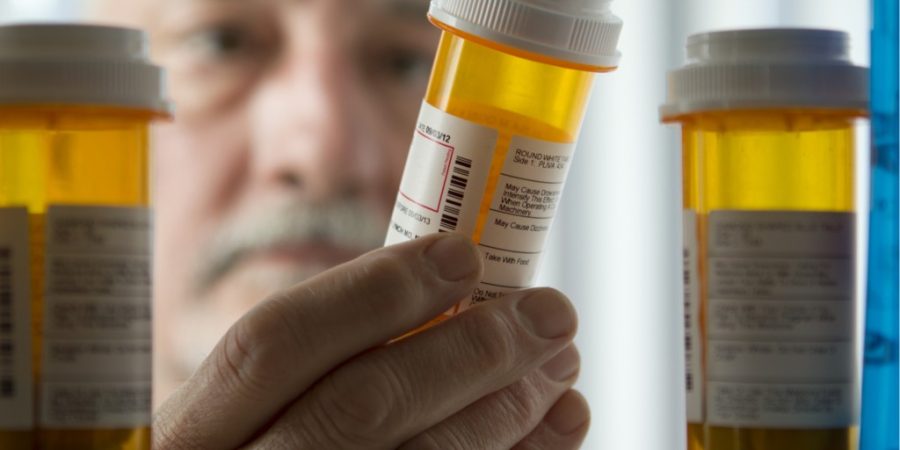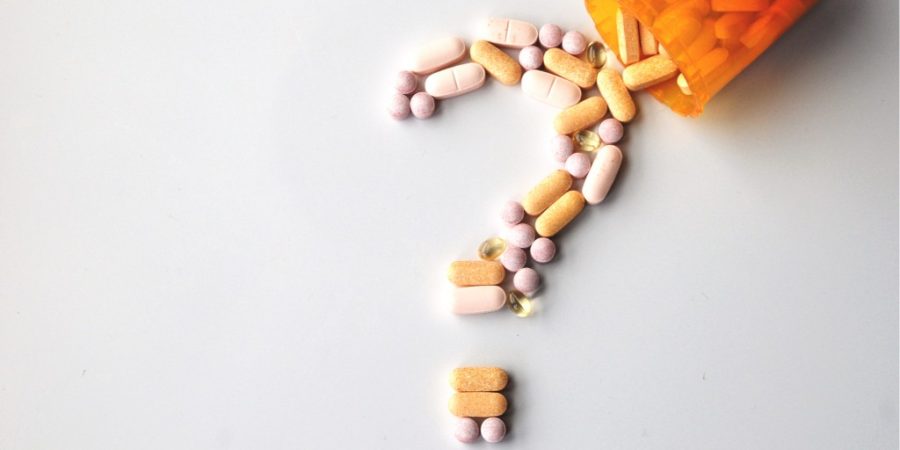
Each year, the Drug Enforcement Administration (DEA) holds National Prescription Drug Take Back Day, a day for individuals to safely remove leftover prescription drugs from their homes. But for many people, the purpose of this day may be unclear. After all, why do we need a drug disposal holiday? And why should you clear out your medicine cabinet of old prescriptions?
Today, we’re looking at the importance of proper disposal when it comes to prescription drugs and how National Prescription Drug Take Back Day can help real people prevent drug addiction.
Table of Contents
The Importance of National Prescription Drug Take Back Day


Across Florida, many individuals develop a prescription drug addiction before they realize they’re at risk of chemical dependency. That is what makes these drugs so dangerous. For most people, they’re prescribed for legitimate reasons, so it’s easy to justify taking extra doses. However, this can quickly lead to dependency, and people often find themselves going to greater and greater lengths to get more of the drug. This is where National Prescription Drug Take Back Day impacts public safety.
By safely disposing of unwanted prescriptions, you remove the risk that someone will use the leftover medication and develop a problem. Moreover, there are individuals who may search trash for leftover pills and use them to sustain their addiction. By delivering your unused or expired prescriptions to a safe collection site, you can keep prescription drugs out of the wrong hands.
How does this all work? Well, the DEA partners with local law enforcement agencies to provide collection sites for the disposal of unused prescriptions. Additionally, the DEA spreads helpful information about prescription drug addiction rates. For example, they might point out that according to the Centers for Disease Control and Prevention (CDC), opioid overdose deaths were four times higher in 2018 than they were in 1999. By sharing relevant drug abuse statistics, individuals can make better decision based on new, accurate information.
Of course, National Prescription Drug Take Back Day is only one day out of the year. So what can you do for the other 364 days?
When it’s time to dispose of unused prescription drugs, there is an easy way for you to find a collection site. Visit the DEA’s website to find a collection site in your community. You will not need to fill out any personal information, only the city where you live. Remember, the point of these collection sites is not to get you in trouble, but to help prevent prescription drug addiction.
FAQs About National Prescription Drug Take Back Day


We understand that you may still have some questions about disposing of prescription drugs. To help you better understand the importance of safe prescription disposal, we’ve compiled these FAQs about National Prescription Drug Take Back Day.
Q: Can I flush my expired prescription medications?
A: Because prescription drugs can have harmful effects, you should not flush most prescription drugs. The exception is if your label specifically advises you to flush leftover medication, or if it is on the U.S. Food and Drug Administration (FDA) approved flushable medications list.
Q: Can I throw out old prescription medications with my garbage?
A: If a medication is not on the FDA’s list of medications that should be flushed, it should be safe for you to dispose of with your other trash. However, there are a couple of easy steps you should take first. Start by removing the medication from the container, then mixing it with coffee grounds, cat litter, or something else undesirable. This will make it less appealing to children, pets, and individuals who might be looking for drugs in trash.
Then, be sure to scratch off your personal information from the medication container before disposing of it. If someone sees your name and address listed on a prescription bottle for a medication they want, they could try to steal new prescriptions from your home.
Q: What if I want to keep my leftover prescriptions?
A: Sometimes, you finish a treatment of medication, but you want to keep the leftovers “just in case.” This is often the case for opioid pain relievers, where an injury may stop hurting, but people keep the remaining pills in case of a flare up. While this impulse is understandable, most experts do not recommend keeping leftover medications.
First, there is a risk that someone other than you could get into your medicine cabinet and discover the leftover pills. Particularly for opioids, this can lead to issues with substance abuse. Even if that is not a concern, taking certain prescriptions without a physician’s supervision can create a dangerous situation wherein you can accidentally develop a prescription drug addiction. For both of these reasons, you should dispose of unnecessary prescription medications to safeguard your and your family’s health.
Fighting the Dangers of Prescription Addiction
At The Blackberry Center in St. Cloud, Florida, we are dedicated to protecting people from prescription drug addiction. Each year, National Prescription Drug Take Back Day provides an opportunity for safe, convenient, and responsible disposal of prescription drugs.
But what if you’ve already developed a dependence on prescription drugs? We offer reliable prescription drug detox, inpatient treatment, and partial hospitalization services to people in need of help. Remember, no matter how long or the amount of prescription drugs you’ve taken, you can always get help.
Would you like to learn more about our rehabilitation services? Chat with our admissions specialists at 888-512-9802 or ask your questions online. No matter where you are in recovery, we’re ready to meet you there and give you the help you need.
The post National Prescription Drug Take Back Day Guide appeared first on The Blackberry Center of Central Florida.
Source
Original Author: The Blackberry Center

